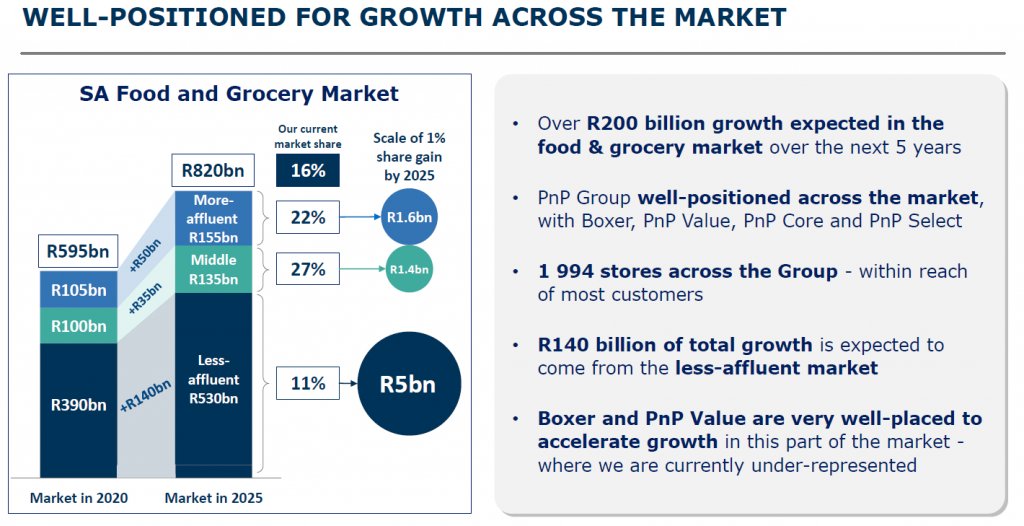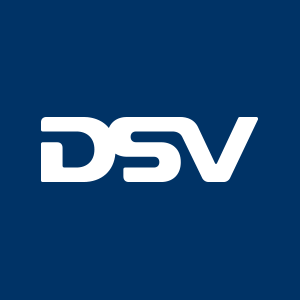
Implats has submitted a proposal to acquire 100% of the issued ordinary shares of Royal Bafokeng Platinum (RBPlat).
Should Implats acquire all the issued ordinary shares in RBPlat, application will be made to the JSE for the issued ordinary shares of RBPlat to be delisted.
Should Implats acquire all the issued ordinary shares in RBPlat, application will be made to the JSE for the issued ordinary shares of RBPlat to be delisted.

Brief history.
In 2002, Anglo American Platinum formed a 50:50 joint venture with the Bafokeng Royal Holdings) through its wholly owned subsidiary, Rustenburg Platinum Mine.
In 2002, Anglo American Platinum formed a 50:50 joint venture with the Bafokeng Royal Holdings) through its wholly owned subsidiary, Rustenburg Platinum Mine.
The Anglo American Platinum formed a 50:50 joint venture with the Bafokeng Royal Holdings) joint venture formed through Royal Bafokeng Resources (Pty) Ltd (RBR), became known as the Bafokeng Rasimone Platinum Mine Joint Venture (BRPM JV).
In 2010, the Bafokeng, through their investment vehicle Royal Bafokeng Holdings (RBH), increased their participating interest to 67%, gaining operational control of the BRPM JV.
This resulted in the restructuring of the JV in 2009, paving the way for the listing of (RBPlat).
This resulted in the restructuring of the JV in 2009, paving the way for the listing of (RBPlat).
When RBPlat listed on the JSE in 2010, it was the 1st community-owned company to do so and remains the only community-owned company listed on the JSE.
In Dec 2018, RBPlat acquired Amplats' 33% interest in the joint venture for R1.863 billion, becoming sole owner of the assets.
In Dec 2018, RBPlat acquired Amplats' 33% interest in the joint venture for R1.863 billion, becoming sole owner of the assets.

For year ended 31 Dec 2020, Royal Bafokeng Platinum declared its maiden final dividend of R1.5 billion (R5.75 per share).
In Sep 2021, RBPlat declared a maiden interim dividend of ~R1,5bn (R5,35 per ordinary share from
the profits accrued during the 6months ended 30 Jun 2021).
In Sep 2021, RBPlat declared a maiden interim dividend of ~R1,5bn (R5,35 per ordinary share from
the profits accrued during the 6months ended 30 Jun 2021).
Royal Bafokeng Platinum recently broke into the 10 South African mining compnaies ranked by their respective market cap.
A ten year old baby on the JSE has done well.
A ten year old baby on the JSE has done well.

International barbarians are at the gates of South African companies.
These firms are on a shopping spree and have their eyes set on SA companies.
A lot of acquisitions and delistings are on the horizon.
These firms are on a shopping spree and have their eyes set on SA companies.
A lot of acquisitions and delistings are on the horizon.
https://twitter.com/MaanoMadima/status/1450068201828651010?t=XUTMgJRDapSFZzlOrdRXCA&s=19
Coca-Cola Beverages Africa's IPO will be a boost for the JSE.
In 1999 the JSE had 811 companies listed on the main board.
It now has has ~329 listings.
15 companies delisted from the main board in H1 2021 vs 13 during the same period in 2020.
In 1999 the JSE had 811 companies listed on the main board.
It now has has ~329 listings.
15 companies delisted from the main board in H1 2021 vs 13 during the same period in 2020.
https://twitter.com/MaanoMadima/status/1448952354322198532?t=XUTMgJRDapSFZzlOrdRXCA&s=19
Royal Bafokeng Holdings has done well to diversify its portfolio.
When Ivan and his wife Lynette Saltzman wanted to reduce their shareholding in Dis-Chem in Sep 2021, they also sold 10.05% to a BEE consortium and Royal Bafokeng Holdings was there to pick up 6.63% of the 10.05%.
When Ivan and his wife Lynette Saltzman wanted to reduce their shareholding in Dis-Chem in Sep 2021, they also sold 10.05% to a BEE consortium and Royal Bafokeng Holdings was there to pick up 6.63% of the 10.05%.
The BEE Consortium comprises Royal Bafokeng Holdings and the Black Panther Consortium.
Black Panther comprises of GloCap Empowerment Private Equity Fund, Zungu Pharmaceuticals (part of Zungu Investments Company) and Temo Capital (part of Modidima).
Black Panther comprises of GloCap Empowerment Private Equity Fund, Zungu Pharmaceuticals (part of Zungu Investments Company) and Temo Capital (part of Modidima).
GloCap Empwerment Fund 6 is the investor in the BEE Transaction through the Black Panther
Consortium and GloCap is the private equity manager of Fund 6.
Ivan Saltzman is an investor in Fund6.
Consortium and GloCap is the private equity manager of Fund 6.
Ivan Saltzman is an investor in Fund6.
Following the conclusion of the BEE Transaction the shareholding (10.05%) of the BEE Consortium in Dis-Chem would be:
Royal Bafokeng Holdings : 6.63%
Black Panther Consortium: 3.42%
• Glocap : 1.34%
• Zico: 1.33%
• Temo: 0.75
Royal Bafokeng Holdings : 6.63%
Black Panther Consortium: 3.42%
• Glocap : 1.34%
• Zico: 1.33%
• Temo: 0.75
Royal Bafokeng Holdings is a community investment company entrusted to preserve and create inter-generational wealth for the Royal Bafokeng Nation.
Are they on the right path?
Are they on the right path?
As at 31 Dec 2020, Royal Bafokeng Holdings had an investment portfolio with a net asset value of R29 billion consisting of listed and unlisted assets in a diverse range of sectors, including infrastructure, property, financial services, telecoms, resources and industrials.
• • •
Missing some Tweet in this thread? You can try to
force a refresh























